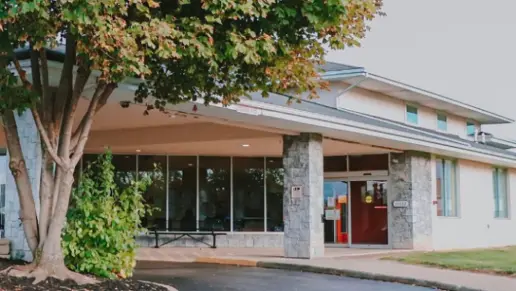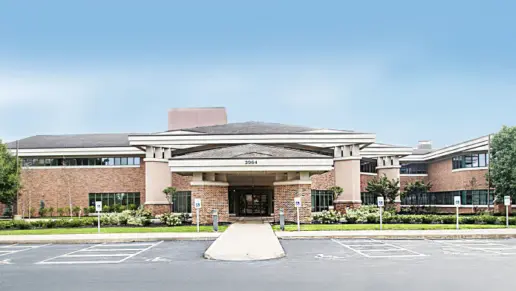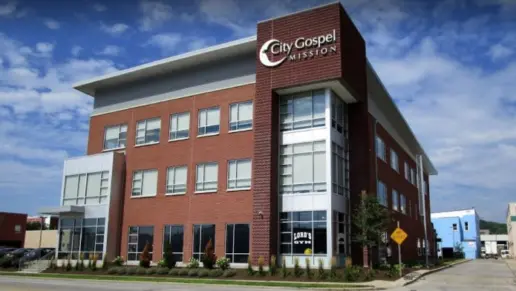Absolutely Horrible treatment while there. I was stuck in a waiting room for 2 days before I even went to the treatment area. Once there staff was very dismissive except for 2 nurses who at least seemed like they cared at all. The treatment here while it may be designed for ...
About Ohio State Harding Hospital
OSU Harding Hospital in Columbus, Ohio, has several different options for clients, including teenagers and adults. These features include inpatient and outpatient programs, partial hospitalization treatment, and emergency services. Some specialities also include neurotherapy approaches, like transcranial magnetic stimulation and electroconvulsive therapy.
If you need residential care, you’ll be assigned to one of 84 beds. You’ll receive care for mental disorders, like depression and anxiety, in addition to psychiatric care. There’ll be traditional counseling programs for yourself and your family, a case management team, and medication management, if needed. However, some clients have cautioned that the nursing staff may rely too much on medication as a solution. If you prefer holistic care, please make sure that your case management team is aware.
In the outpatient program, transcranial magnetic stimulation is offered to help address depression and other mood disorders. You’ll be awake and alert during treatment and can resume normal activities upon leaving therapy.
The outpatient program also has a special Young Adult Intensive Outpatient for individuals aged 18-24 who are having difficulty with mood symptoms and substance use. This includes group therapy, group education, family education, and discharge planning.
For teens, OSU has an intensive outpatient program to help them develop a daily routine and attend school. Sessions are delivered both in the afternoon and evening. Transportation to and from the facility is available.
Rehab Score
Gallery
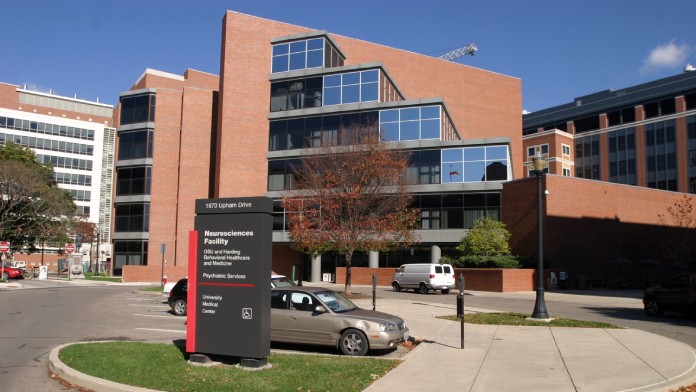
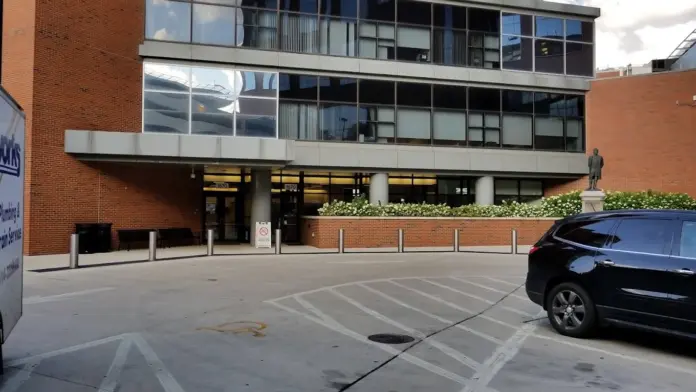
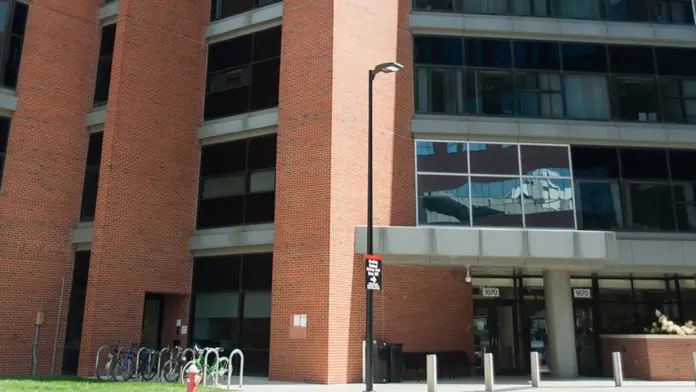
Location
Other Forms of Payment
Self-pay involves paying for treatment out of your own pocket. You can use savings or credit, get a personal loan, or receive help from family and friends to fund your treatment. If you don't have insurance or your insurance plan doesn't cover a specific program, self-pay can help ensure you still get the care you need.
Private insurance refers to any kind of healthcare coverage that isn't from the state or federal government. This includes individual and family plans offered by an employer or purchased from the Insurance Marketplace. Every plan will have different requirements and out of pocket costs so be sure to get the full details before you start treatment.
Medicaid is a state based program that helps lower-income individuals and families pay for healthcare. Medicaid covers addiction treatment so those enrolled can use their coverage to pay for rehab. When a program accepts Medicaid the client often pays very little or nothing out of their own pocket.
Medicare is a federal program that provides health insurance for those 65 and older. It also serves people under 65 with chronic and disabling health challenges. To use Medicare for addiction treatment you need to find a program that accepts Medicare and is in network with your plan. Out of pocket costs and preauthorization requirements vary, so always check with your provider.
Financial aid can take many forms. Centers may have grants or scholarships available to clients who meet eligibility requirements. Programs that receive SAMHSA grants may have financial aid available for those who need treatment as well. Grants and scholarships can help you pai for treatment without having to repay.
Military members, veterans, and eligible dependents have access to specific insurance programs that help them get the care they need. TRICARE and VA insurance can help you access low cost or no cost addiction and mental health treatment. Programs that accept military insurance often have targeted treatment focused on the unique challenges military members, veterans, and their families face.
Addiction Treatments
Levels of Care
Treatments
The goal of treatment for alcoholism is abstinence. Those with poor social support, poor motivation, or psychiatric disorders tend to relapse within a few years of treatment. For these people, success is measured by longer periods of abstinence, reduced use of alcohol, better health, and improved social functioning. Recovery and Maintenance are usually based on 12 step programs and AA meetings.
Drug rehab in Ohio provides comprehensive treatment to address the physical and psychological needs of those struggling with substance use disorders. This may involve inpatient and/or outpatient care.
A combined mental health and substance abuse rehab has the staff and resources available to handle individuals with both mental health and substance abuse issues. It can be challenging to determine where a specific symptom stems from (a mental health issue or an issue related to substance abuse), so mental health and substance abuse professionals are helpful in detangling symptoms and keeping treatment on track.
Opioid rehabs specialize in supporting those recovering from opioid addiction. They treat those suffering from addiction to illegal opioids like heroin, as well as prescription drugs like oxycodone. These centers typically combine both physical as well as mental and emotional support to help stop addiction. Physical support often includes medical detox and subsequent medical support (including medication), and mental support includes in-depth therapy to address the underlying causes of addiction.
Programs


Clinical Services
Amenities
-
Wifi
-
Residential Setting
-
Private Rooms
Staff
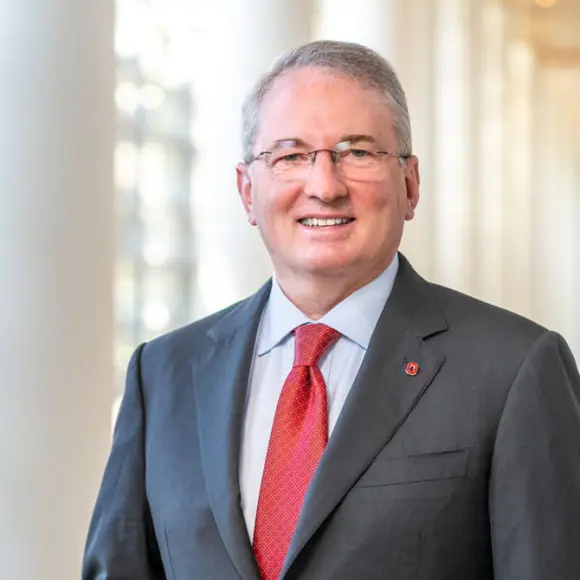
CEO
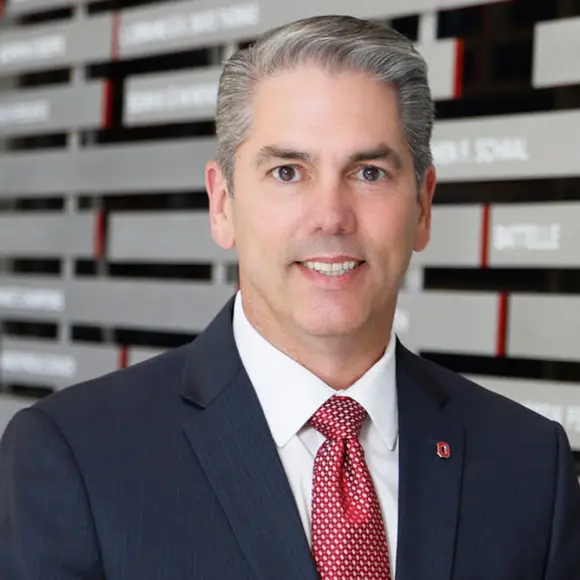
COO
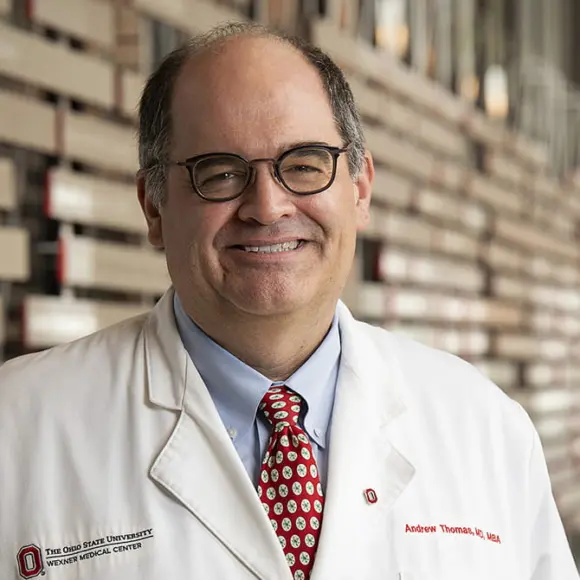
Chief Clinical Officer
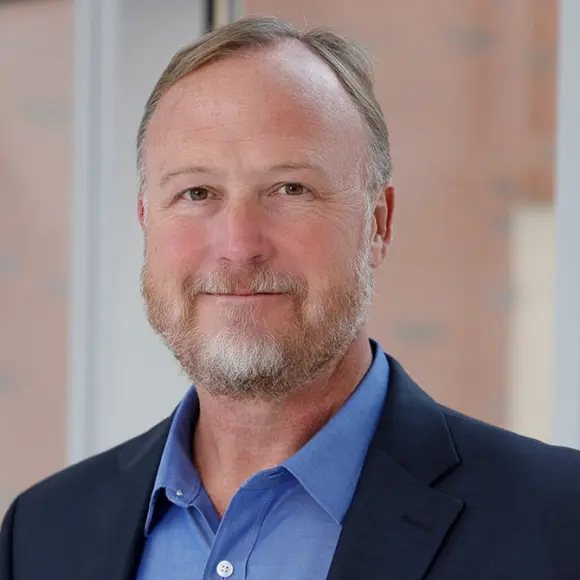
Chief Information & Digital Transformation Officer
Contact Information
1670 Upham Drive
Columbus, OH 43210
